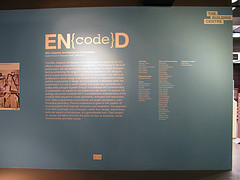
Our 1-hour Call on Reproducible Research with R will include three speakers and 20 minutes for Q & A. Ben Marwick will introduce you to a research compendium, which accompanies, enhances, or is a scientific publication providing data, code, and documentation for reproducing a scientific workflow.



